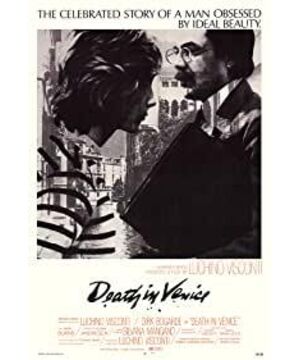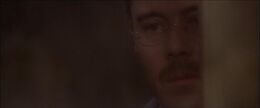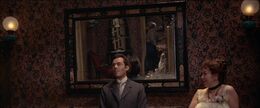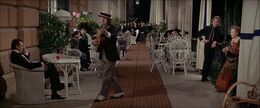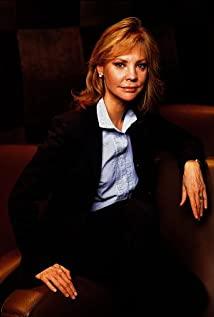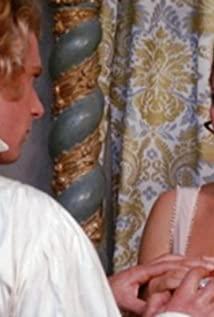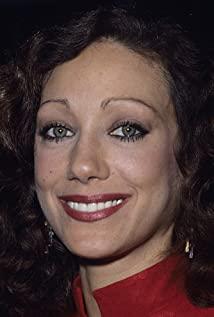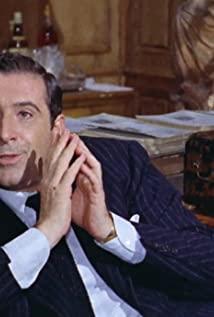The movie is very well done: in cholera-infested Venice, the aging German composer Gustav falls in love with a Greek sculpture-looking teen (the actress who plays the teen's mother is so pretty and distracting that the supporting characters should look more mediocre). Among them, the long-winded discussion of beauty/art/life/death is a bit cumbersome (the director respects the original work, and even copied this), but it is ambiguous between the old and the young, and the filming is well done. The old acting is excellent, the young is really beautiful, and at a glance, it makes people return to the era of Plato. With Mahler's music, it is very contagious - wait, Mahler is also called Gustave, and he is also a middle-aged orphan. Could it be...
"Wei" is a successful case of adapting literary works, think of "The French Lieutenant's" Woman” and “Lolita” (in this work Kubrick and Nabokov, if you can compare, are still a little inferior; of course the actors are also part of the reason: the little heroine Too clumsy, my ideal "Lolita" is the elf in "Killer Leo", with a sexy and mature face, coupled with a flat and undeveloped body, it is so fascinating) "The Name of the Rose" "All the time" and so on, the movie is obviously a lot worse than the novel.
View more about Death in Venice reviews


